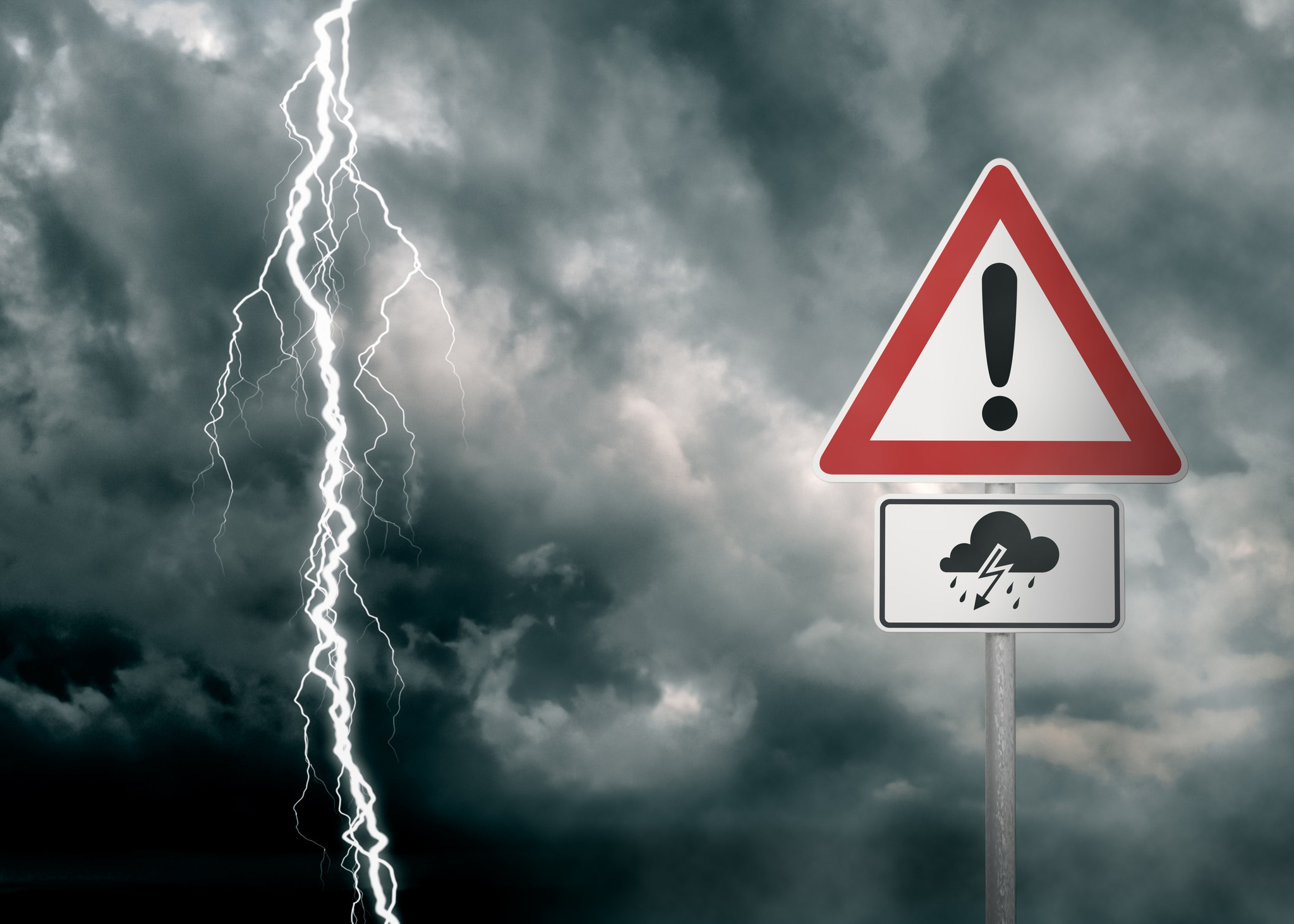Prime Minister Justin Trudeau appointed two new senators on Saturday, with broadcaster Charles Adler and health-care executive Tracy Muggli joining the ranks of members of Canada's upper legislative chamber.
Adler, a refugee from Hungary, has been a broadcaster and writer for decades. An Emmy Award winner, he has been a prominent political commentator throughout his career as a journalist. He will represent Manitoba in the Senate.
Muggli is a health-care executive in Saskatoon and has worked with and served on the boards of numerous organizations in the health and social services sector.
In 2016, Trudeau instituted a new appointment process that relies on an independent advisory board.
Formally, the Governor General appoints senators but acts under the advice of the prime minister.
Trudeau has now appointed 84 senators under the new process. The vast majority of senators sit in one of several independent groupings in the chamber. A number of senators form a Conservative caucus in the Senate.
The Liberals revamped the appointment process in the hopes of creating a more independent, less partisan and more diverse Senate.
Many independent senators say they do not have ties to the governing party and evaluate legislation based on their own judgment, often pointing to numerous amendments made to government legislation in recent years.
Conservatives have consistently argued since 2016 that the process results in Liberal-friendly appointments. A number of recent appointees to the Senate indeed have strong ties to the party.
The chamber recently debated a suite of new rules that give more power to the independent groupings in the Senate. Those changes have been met with sharp criticism from the Conservatives.
Muggli, appointed Saturday, previously ran as a candidate for the Liberals in 2015 and 2019 and has been a longtime donor to the party, according to publicly available contribution data.
Adler has not run as a candidate nor does his name appear in the federal contribution database. He was long considered a conservative commentator, but in recent years he's discussed moving away from supporting conservative parties because of shifts in policy and approach in the last decade or so.
"I had such a hard time believing that a person who is a Liberal prime minister — and his critics would say too liberal — would even think about offering this to someone who has been for the most part a small 'c' conservative," Adler told CBC News.
"To me, nothing proves independence more than someone like me," he said, adding he was honoured to represent Manitoba.
Adler said Trudeau emphasized to him during a phone call the importance of acting independently. He also said several senators have reached out to welcome him but that no one had communicated that they expected him to articulate a partisan view in the Senate.
In a statement on Saturday, the Conservatives criticized the appointment of Muggli and Adler.
It noted Muggli's political ties and Adler's past criticism of Conservatives, saying the appointments "prove that Trudeau is appointing his Liberal friends to defend his disastrous policies."
Trudeau's Appointments: A Reflection of the Current Political Landscape?
The appointments of Adler and Muggli have sparked debate about the independence of the Senate and the role of partisanship in the appointment process. While Trudeau has maintained that the appointments are based on merit and a commitment to independence, the Conservatives have argued that the appointments are part of a pattern of Liberal-friendly appointments.
Some have argued that the appointments are a reflection of the current political landscape in Canada, where there is a growing trend towards independent and non-partisan politics. Others have argued that the appointments are simply a sign of Trudeau's continued commitment to a more diverse and representative Senate.
What's Next for the Senate?
The Senate of Canada is an unelected body that is responsible for reviewing legislation passed by the House of Commons. The Senate is also responsible for providing advice to the government on a wide range of issues.
The recent appointments of Adler and Muggli have added to the ongoing debate about the role of the Senate in Canadian politics. Some have argued that the Senate should be abolished, while others have argued that it should be reformed to make it more independent and representative.
The future of the Senate remains uncertain, but the recent appointments are likely to fuel further debate about the role of this important institution in Canadian democracy.

















